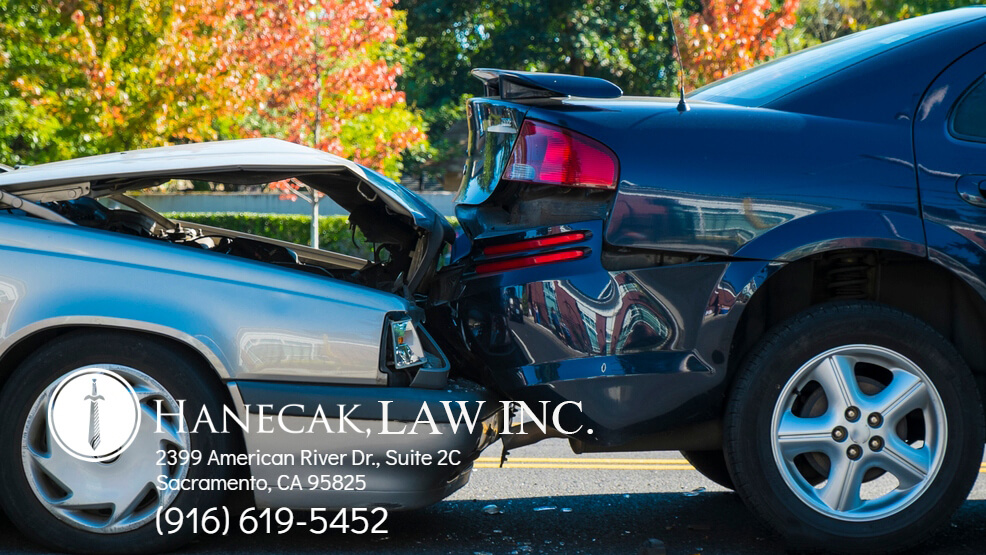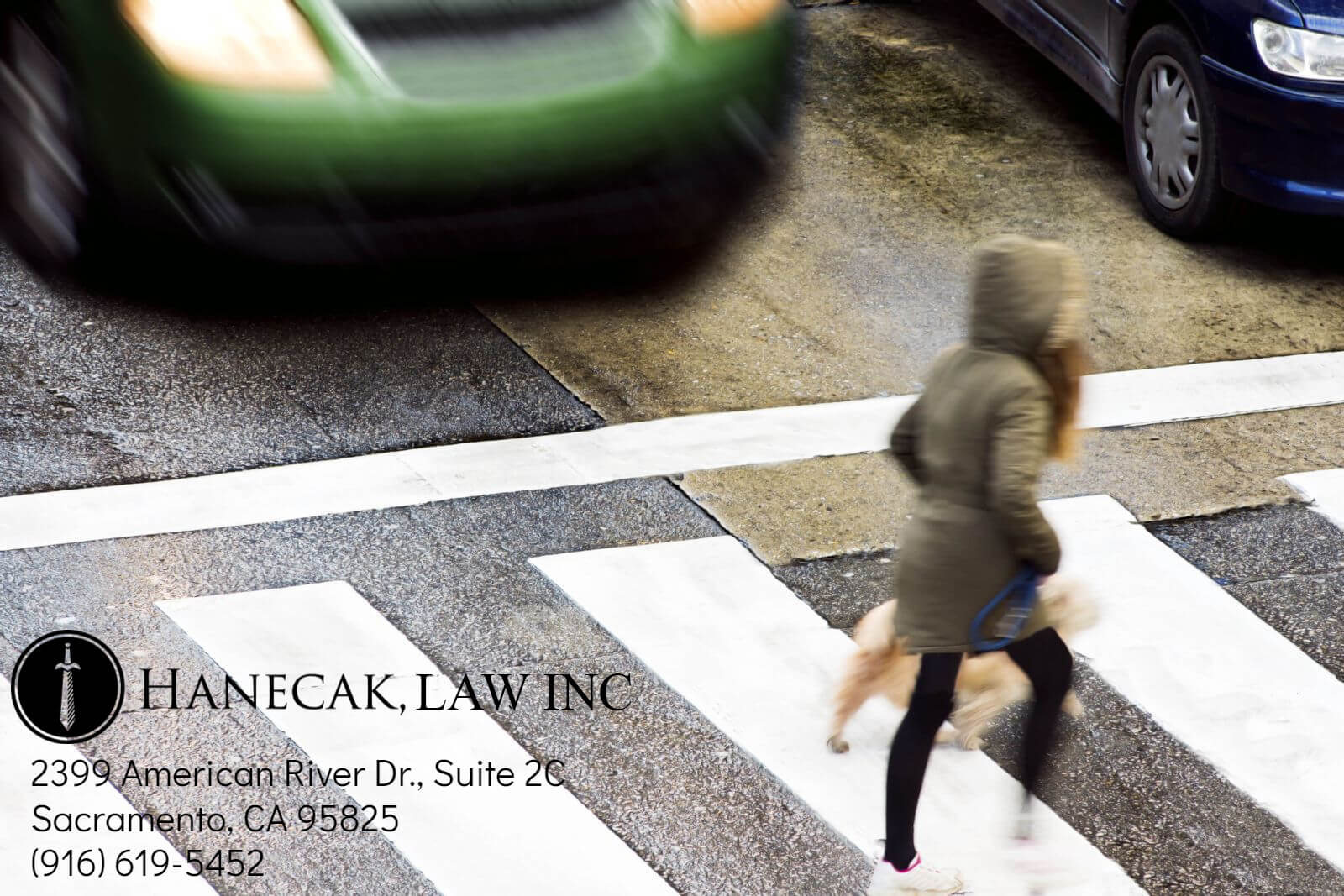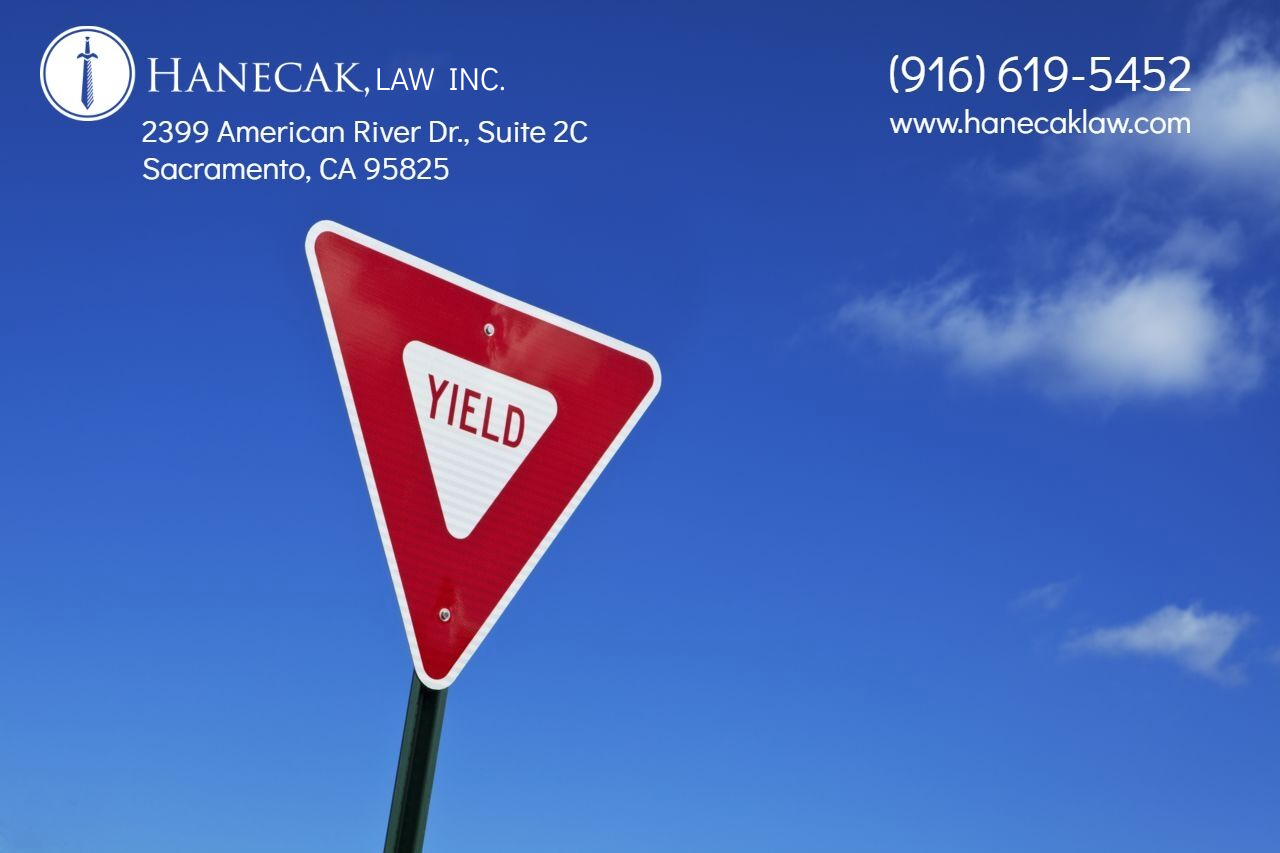You’ve just got a brand new car. It’s shiny. You’re excited. You’ve had it a few months and while sitting in traffic to take your beautiful significant other on a date, BAM! You’re rear-ended (or any other version of events that led to your new car being hit).
After first making sure everyone is ok, getting medical attention , giving a statement to police for their report, gathering insurance information, taking pictures, etc, your car is either towed away or you’re able to limp home and then later take it to a shop. There are obviously a million things floating through your head and what to deal with next, but here’s what you need to know about your car.
*This is based on true events of the author
How to deal with your leased vehicle after a car crash
1.Call your insurance company
Every policy has a requirement that if you’re in an accident you must immediately notify your insurer. Call them and let them know what happened. Stick to the facts of the accident. Don’t accept blame or place blame.
If the accident was not your fault, your own insurance company will be happy to help you move through the process smoothly. They will help you set up getting an estimate and repairs done for your vehicle. If the driver had a minimum policy under California law they may be uninsured or underinsured. If you have UM/UIM coverage, then your own insurance company will handle that part of the claim.
It’s important to note that if you have UM/UIM coverage and have to make a claim, your premium will likely go up because you’re making a claim against your own insurance. A claim against an at-fault driver’s insurance will have no effect on your own premium.
2. Call the lease finance company
This is important if your vehicle is considered a total loss (totaled). They will want to know if the vehicle has been destroyed. They will want to hear from either your own insurance company or the at-fault party’s insurance company will be in contact with them to discuss payment.
If your vehicle can be repaired
If the car isn’t totaled, you’ll want to make sure the repairs are done by a professional body shop that is approved by the insurance company. If the auto body shop is recognized and authorized as specifically working on your type of car, this will be helpful. Your insurance company or dealer will be able to refer you to the correct shop.
The work to repair a car in this situation is very specific. It must be restored to like-new condition using Original Equipment Manufacturer (OEM) parts. You don’t want your mechanic using aftermarket or junkyard parts because those won’t come with a warranty and it won’t restore as much value to the vehicle. If you don’t use OEM parts, you’ll likely have to pay for them at the end of the lease term to restore it to an acceptable condition.
If your vehicle is totaled
This means that the insurance company believes the repair costs exceed the reasonable percentage of the vehicle’s value (usually about 70%). The insurance company will then write a check to the leasing company, not you, for the market value of the vehicle.
If you’re lucky enough that the remaining balance on the lease exceeds the insurance company payout, your insurance company should refund the difference less any charges or payments still owed.
Unfortunately, this isn’t usually the case with leases. What will often happen is the insurance payout will be less than the lease balance—leaving a difference that you’re responsible for. But you’ll likely be saved because your lease is almost sure to have what is called GAP insurance. This type of insurance pays off the deficiency when a car is totaled. It’s probably worded as something like “waiver of responsibility in event of loss” in your lease.
It’s important to note a couple of things. First, there is a practice where leasing companies are not including GAP coverage or “waiver of responsibility” clauses in new lease contracts. Additionally, many lease companies are keeping excess funds when the payout is higher than the lease payoff and not refunding it to customers.
So where are you left now?
If your car was repaired, you can continue your lease as normal and return or purchase it at the end of the lease. However, it’s important to note that your car now has what is called a “diminished value” because of the accident. While the insurance company may have paid this to you or the lease company, if you try to trade it in or sell the leased car, you will get lowballed because of the accident. By returning or buying the car at the end of the lease, you’ll bypass those problems. But if you try to end the lease early, you will suffer the unfortunate consequences even if the accident isn’t your fault.
What kind of damages can you request for property damage to a leased vehicle?
Loss of Use. If you have rental car coverage with your policy, it’s advisable to use that so that you can get moving right away. If you don’t, you’ll have to front the cost of a rental car until your car is repaired and then get reimbursed by the at-fault party’s insurance.
“Loss of use” entitles you to damages for your inability to use the vehicle after the accident. Typically, this will be for the usage of a rental car, but you are also able to claim loss of use if you didn’t rent a car. Loss of use requires you to show the reasonable cost to rent a similar vehicle and the amount of time it should reasonably take to repair or replace your vehicle.
A similar substitute luxury car would most likely have a higher reasonable rental value than a 25-year-old clunker truck. Those factors would be taken into consideration when requesting loss of use damages for your damaged vehicle.
Diminished Value. California courts have recently found that if you own a leased vehicle, you aren’t entitled to diminished value. This is because you never truly “owned” the vehicle. To obtain this type of damages, you must already own the vehicle.
If you have questions about a car accident and are unsure if you need a lawyer , we offer a free case evaluation to help determine your options. No gimmicks, pressure or sales tactics. We are only here to help. It’s best not to wait, because there are laws that can prevent your claim after a certain period of time.
Feel free to give us a call at (916) 619-5452, fill out our online form, or email us at info@hanecaklaw.com.






